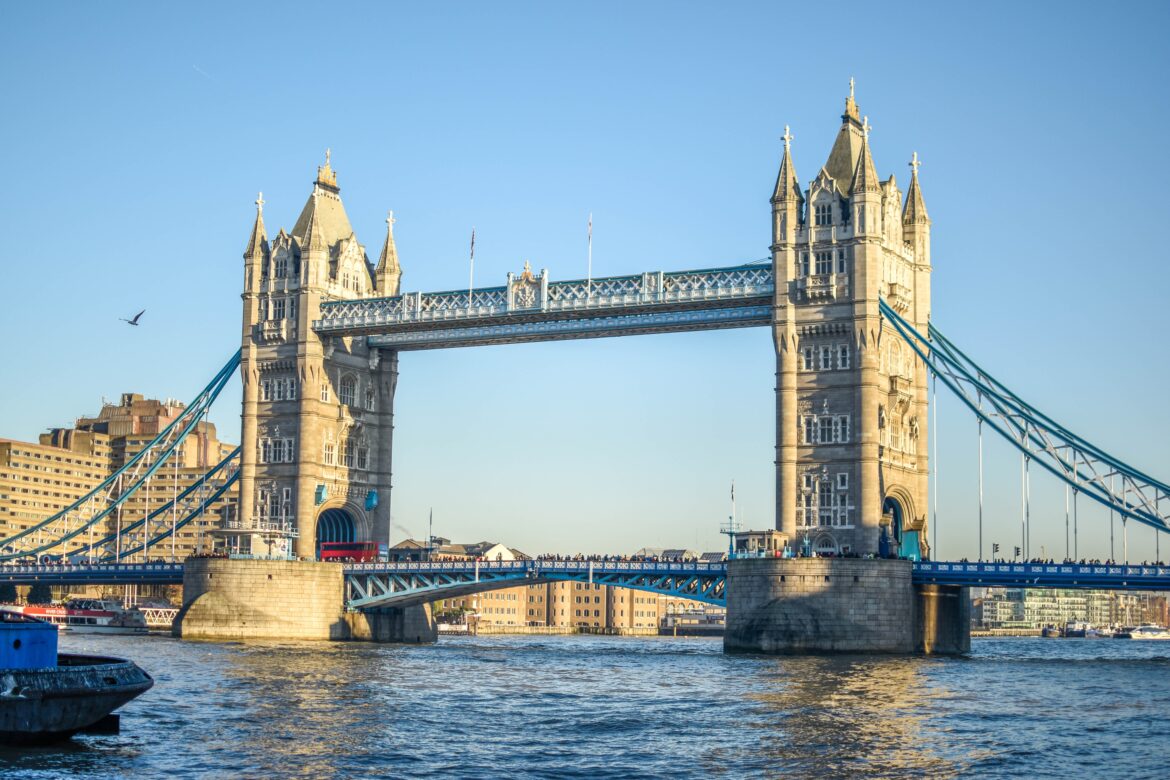In the tapestry of Western civilization, the British Isles—comprised of England, Ireland, Scotland, and Wales—represent a rich mosaic of history, culture, and Christian heritage. Each nation, with its distinctive identity and ethos, has contributed significantly to the overarching narrative of Christianity in Europe and the world. This article elucidates the intricate interplay between these four nations, emphasizing their shared journey through the lens of faith.
England, often perceived as the heart of the United Kingdom, has a Christian legacy deeply entrenched in its history. The arrival of Augustine of Canterbury in the year 597 heralded the beginnings of organized Christianity in England. Establishing the Archbishopric of Canterbury, Augustine laid the groundwork for the Church of England. This ecclesiastical structure would not only influence religious practices but also the political sphere, weaving faith into the very fabric of English governance. The subsequent Reformation in the 16th century marked a seismic shift, as King Henry VIII’s schism with the Roman Catholic Church established a distinct, albeit tumultuous, Anglican tradition. This struggle for religious identity continues to echo throughout England’s historical corridors.
Conversely, Ireland’s relationship with Christianity is a narrative of profound resilience and cultural richness. The arrival of Christian missionaries in the 5th century, notably St. Patrick, catalyzed a remarkable transformation. Patrick’s mission symbolized a divine intervention that would forge a unique Irish identity, intermingling Celtic traditions with Christian beliefs. The establishment of monasteries in Ireland became centers of learning during the Dark Ages, preserving classical knowledge and fostering artistic expression through illuminated manuscripts. The Irish blend of Christianity deeply roots itself in nature and the mystical, as reflected in the rich folklore and traditions that still permeate contemporary Irish culture.
Transitioning to Scotland, we encounter a landscape that has borne witness to the ebb and flow of Christian influence over centuries. The early establishment of Christianity in Scotland is often attributed to figures such as St. Columba, who founded the abbey on the island of Iona in the 6th century. This monastic community became a beacon of light and learning, facilitating the spread of Christianity not only in Scotland but also beyond its shores. The subsequent adoption of Christianity by local rulers, amidst a backdrop of tribal conflict and regional hegemony, illustrates the profound interplay between faith and politics. The tumultuous periods of Reformation brought about fierce ideological divides, leading to the emergence of Presbyterianism as a dominant force, profoundly impacting Scottish identity and community life.
Wales, often overshadowed by its larger counterparts, embodies a distinct narrative within the Christian discourse of the British Isles. The missionary work of figures such as St. David, the patron saint of Wales, laid the spiritual groundwork for a nation characterized by robust Christian communities that thrived amidst rugged landscapes. The church became deeply intertwined with Welsh national identity, particularly evident in the preservation of the Welsh language through religious texts and hymns. The 19th century saw the temperance movement and revivals, highlighting Wales’ vibrant spiritual fervor and its commitment to social justice. Welsh Christianity not only affirmed its cultural narrative but also propelled community cohesion amidst social upheaval.
The interdependence of these four nations extends beyond their unique experiences; it weaves a richer, collective narrative that illuminates various aspects of Christian thought and practice. Each nation has engaged with theological developments differently, yet they collectively underscore the universal themes of grace, redemption, and community. This convergence is most poignantly illustrated in the common Christian observances that have transcended national boundaries, fostering ecumenical dialogues that celebrate diversity while seeking unity in Christ.
Moreover, the historical rivalries, conflicts, and reconciliations that have characterized the relationships among these nations reflect a broader theological discourse. In grappling with issues such as territorial sovereignty and religious authority, they have echoed the deeper struggles faced by the broader Church. The Protestant-Catholic divides experienced in both Ireland and Scotland serve as vital case studies for understanding how cultural and historical contexts shape religious identities. The ongoing dialogues surrounding reconciliation and common mission work highlight the potential for unity in diversity.
From a contemporary perspective, the legacy of these four nations is evident in the emergence of vibrant Christian movements that draw upon their historical roots. The Church continues to serve as a platform for engaging with contemporary societal issues, from poverty and inequality in urban centers to environmental stewardship amid climate change concerns. The rich theological traditions, rites, and ecclesiastical affiliations present within England, Ireland, Scotland, and Wales juxtapose individual narratives with a collective mission to embody the love of Christ in action.
In conclusion, England, Ireland, Scotland, and Wales form a intricate web of history, faith, and identity that enriches the broader Christian narrative. Understanding their distinct contributions, as well as their shared struggles and triumphs, enables a deeper appreciation of the transformative power of Christianity in the British Isles. Each nation, while forging its own path, reflects a facet of the divine story that calls believers to engage faithfully with the world around them, embodying the principles of love, grace, and hope in every endeavor.



